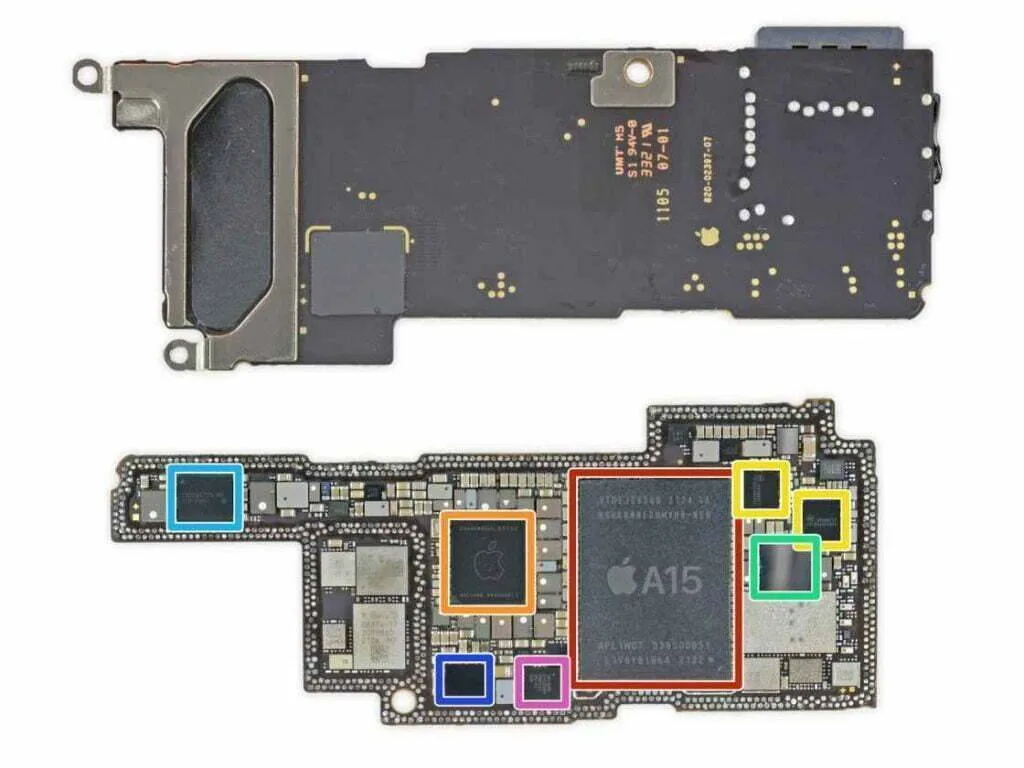Apple is expected to cut production of its iPhone 13 by 10 million units due to the global chip shortage.
The company was expected to produce 90 million units of the new iPhone models by the end of this year, according to Bloomberg.
The report added that Apple has told its manufacturers that the number of devices will be fewer because chip suppliers including Broadcom and Texas Instruments are struggling to ship components.
While the primary A15 Bionic SoC on the iPhone 13 and iPhone 13 Pro is made by TSMC, there are many other chip-based components inside the phone that come from other sources. As demonstrated by iFixit’s thorough dismantling of the iPhone 13 Pro’s logic board, Texas Instruments and Broadcom are responsible for several key components, including chips for display power management, Face ID’s laser array, USB connectivity, wireless power and more.
Apple shares fell 1.2 percent after the close, while Texas Instruments and Broadcom fell about one percent.
Broadcom and Texas Instruments did not immediately respond to Reuters requests for comment.
In July, Apple predicted a slowdown in revenue growth and said the chip shortage, which had begun to affect its ability to sell Macs and iPads, would also cut iPhone production.
Texas Instruments also provided a weak revenue outlook that month, suggesting concerns about chip supply for the rest of the year.

The chip crisis has put tremendous pressure on industries, from automobiles to electronics, leading many automakers to temporarily suspend production.
With massive purchasing power and long-term supply contracts with chip vendors, Apple survived the supply crisis better than many other companies, prompting some analysts to forecast the iPhone 13 models released in September will have a good sales year as consumers wanted update the device for 5G networks.
But the iPhone maker is not immune to global trends, Counterpoint Research said in a statement last month.
It lowered its global smartphone shipment forecast to 1.41 billion units from 1.45 billion units earlier, saying Apple was better positioned than some rivals but would still be affected.
Apple CEO Tim Cook had already warned on the company’s conference call for the third quarter that there could be problems with the chip supply and stated that “we will do everything we can to alleviate the circumstances we are faced with “. But it seems that even with the best of efforts and favorable relationships with suppliers, Apple cannot bring together the physical components it takes to make enough iPhones.
It’s likely Apple will eventually be able to increase production, but the lowered production estimate means it’s likely to be even harder to find the (already hard-to-get) iPhone 13 in the coming months.







